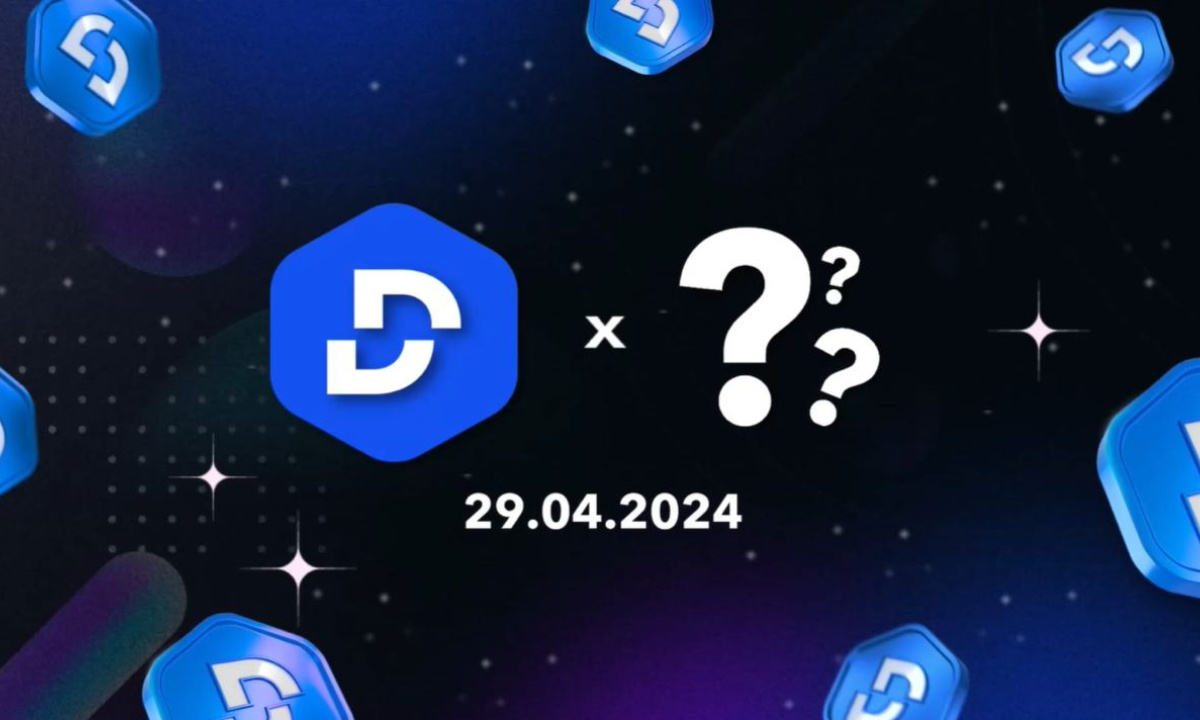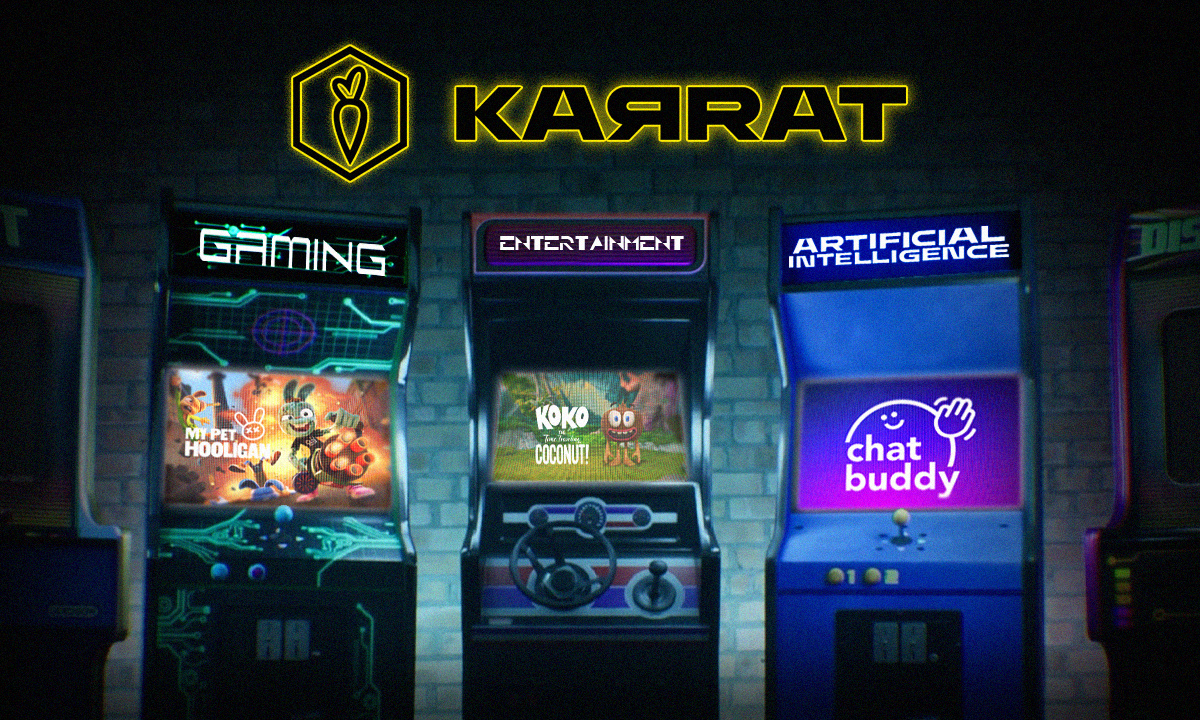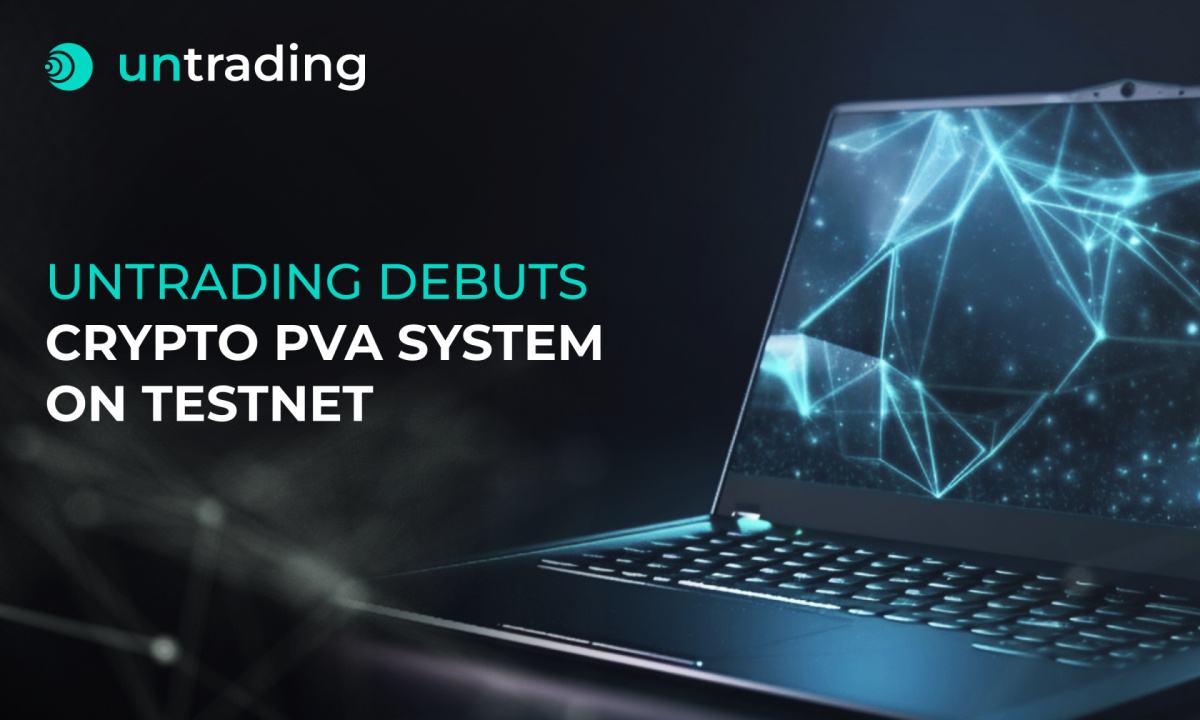The developers over at NEO gave their network a well-needed upgrade last week which saw their mainnet consensus nodes get an update as well as the core consensus protocol. The updated delegated Byzantine Fault Tolerance (dBFT) consensus mechanism is designed to provide strict on-block finality. This is a challenge in both specification and research.
It is anticipated that these new features will reduce the need for network maintenance and downtime as well as their impact on the running processes of decentralised applications (dApps).
Although, it seems that these instability problems might have been postponed or even prevented NEP-5 tokens from being listed on individual exchanges completely. Guardian Circle, which helps a NEP-5 token for their decentralised emergency response service, is a good example.
The CEO of Guardian Circle, Mark Jeffrey has said:
“For a year, several exchanges we’ve spoken with refused to list $GUARD or any NEP-5 tokens because of the inherent instability of NEO nodes.”
The Issue
Downtime and maintenance issues became evident as far back as September last year, but they were partly resolved in instances like PR 320 Stage 3 of dBFT.
NeoResearch’s Vitor Coehlo has said:
“[the recent] network instability was due to lack of a recover mechanism, which [can now] recover [downed] nodes from local failures and network issues.”
On top of this, another issue that had an impact on the previous version was block forks. A moderator in the NEO subreddit, EdgeDLT, said:
“Block forks were caused when a consensus node would validate a block, but then lose its connection. The other nodes would start on a replacement block, but then if that faulty node reconnected, it could share that newly orphaned block to the rest of the network. Consensus itself would be fine, but network nodes that accepted the orphaned block would get stuck.”
So even though these periods of downtime didn’t put a project or dApp data at risk, they did cause transactions delays which lasted for minutes, and in some cases hours, at a time.
The Community developers surrounding NEO are bullish on the updates to the consensus mechanism and new fee structure. City of Zion co-founder Tyler Adams pointed out that it could reduce “network congestion due to spam transactions,” as well as other historical issues in the NEO blockchain.
Investment Disclaimer“With these updates,” he added, “the platform is more robust than ever.”










